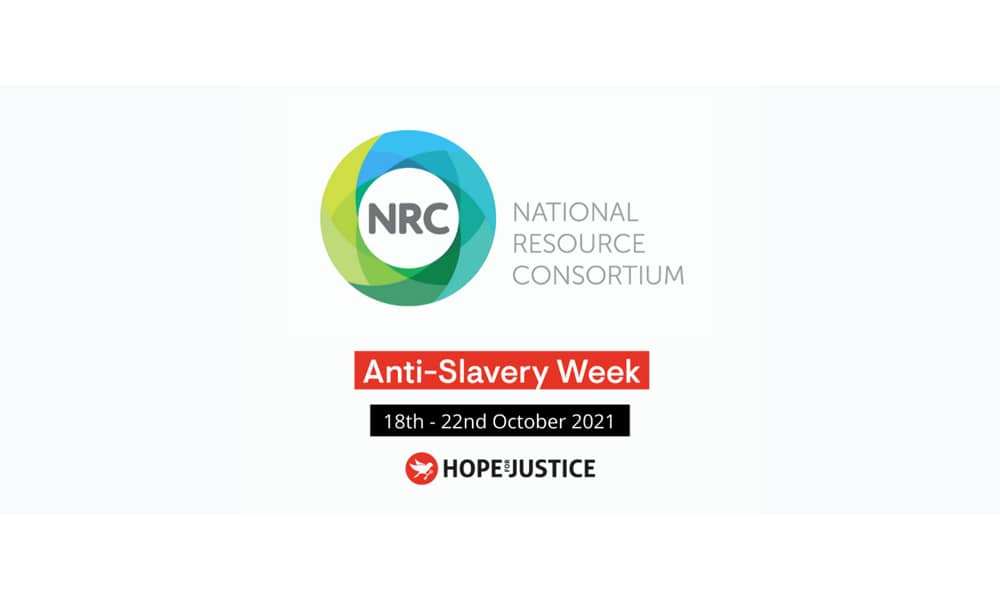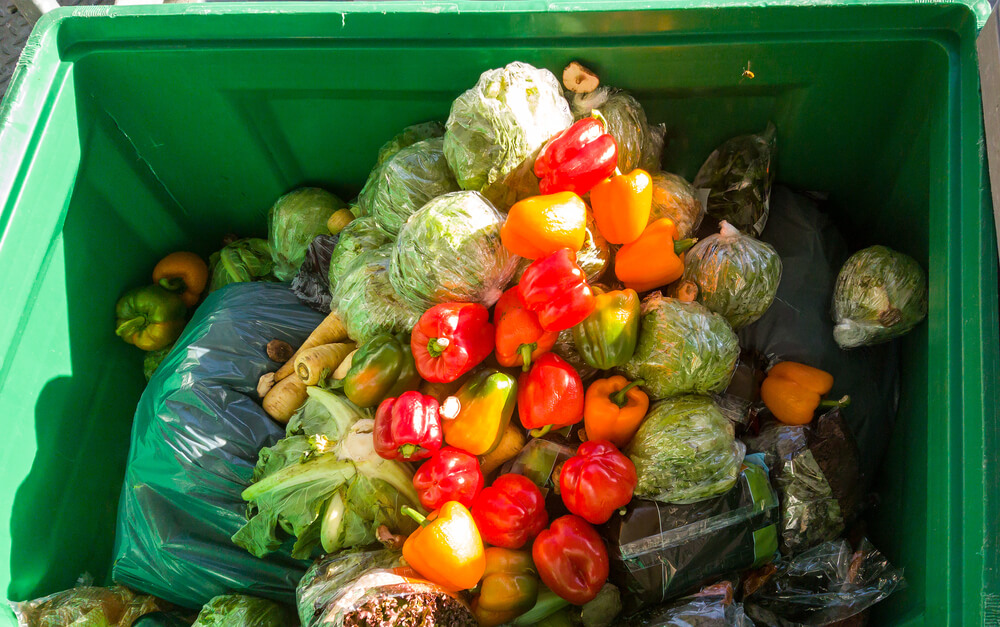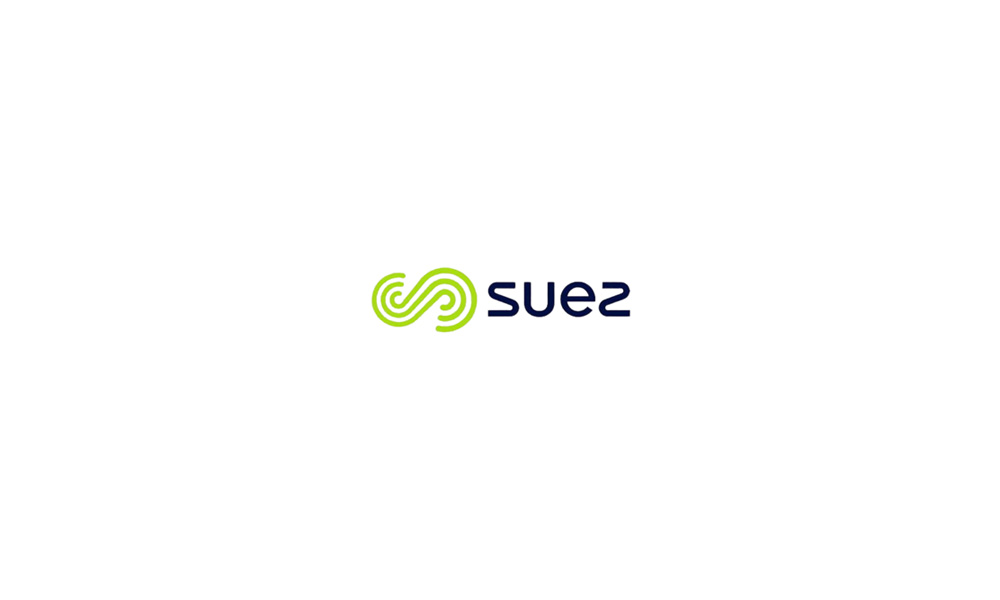April 23rd, 2024

Round Table Discussion on Modern Day Slavery in the Waste and Recycling Sector
In October, I had the privilege of participating in a round table discussion hosted by Materials Recycling Weekly (MRW) concerning modern day slavery in the waste and recycling sector. This session, prompted by recent events highlighted by MRW’s campaign against modern slavery titled “Root it Out,” brought together representatives from various organizations impacted by these issues. As the Director of NRC, I spoke on behalf of our Members, representing the local and regional waste management sector.
Understanding Modern Day Slavery
Modern slavery encompasses various forms of exploitation, often linked with human trafficking, where individuals are coerced or controlled against their will. During our discussion, it became evident that modern slavery is a significant problem in our industry, affecting organizations of all sizes. Understanding the signs and indicators of modern slavery is crucial to combatting this issue effectively.
Key Indicators and Types of Modern Day Slavery
Modern slavery can manifest in different forms, including sexual exploitation, forced labor, domestic servitude, and organ harvesting. Recognizing general indicators such as fearfulness, physical and psychological trauma, restricted movement, and financial coercion is essential in identifying potential victims.
Focus on Forced Labor in Material Recovery Facilities (MRFs)
In the waste management sector, forced labor often occurs in Material Recovery Facilities (MRFs), where low-skilled workers may be vulnerable to exploitation. Many organizations rely on third-party labor supply agencies to meet staffing needs, making it challenging to ensure proper vetting and oversight of workers.
Addressing Challenges and Implementing Solutions
Despite the challenges posed by limited resources, organizations must prioritize efforts to combat modern slavery. Thorough checks on labor supply companies, ongoing training for staff, and open communication with employees are essential steps in identifying and addressing exploitation.
Collaborative Efforts and Future Initiatives
The round table discussion underscored the importance of raising awareness and fostering collaboration to tackle modern slavery effectively. MRW’s “Root it Out” campaign aims to drive awareness and action within the waste and recycling sector. By working together and taking proactive measures, we can make a meaningful impact in combating modern day slavery.
Conclusion
As we continue to raise awareness and advocate for action against modern slavery, NRC remains committed to supporting initiatives like MRW’s campaign. By empowering organizations with knowledge and resources, we can work towards creating a safer and more ethical industry.
For more information about NRC’s services and expertise, contact us at enquiries@uk-nrc.com or 0845 299 6292. We look forward to collaborating with you in addressing this critical issue.





